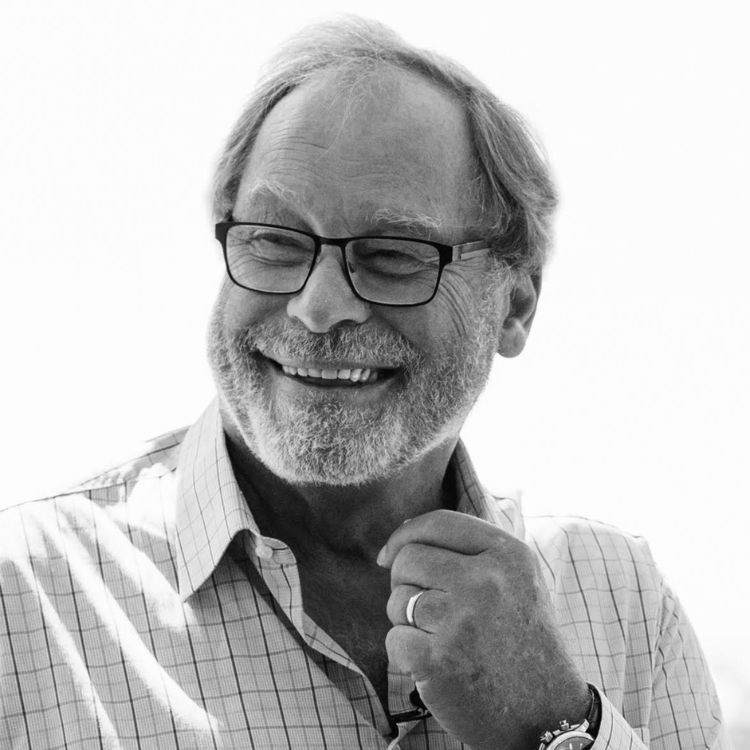Being genuinely interested in everyone you meet may be second nature to those of us in the executive search business, but contrary to the popular saying, the reverse isn’t always true. In London for an AESC conference recently, I met John Niland. John is best-known as a conference speaker on doing higher value work and for the last 15 years, has been coaching others to achieve success. He has a particular passion for supporting independent professionals to adapt and thrive in today’s challenging economies. In the following article he makes some valid points about the nature of trust – applicable to all of us, no matter what business you are in.
Geoff Slade
1. Cognitive trust and Affective trust
To win wholehearted trust from another person, you need to win both their head and their heart. However, not everyone we meet places equal reliance on these two faculties.
Some people (and cultures) are primarily cognitive. When building trust, they look for evidence that is factual: e.g. evidence of credibility, track-record, process, reliability, tangible results and useful insights. If you can answer their questions specifically (or guide them to ask better questions) then you build trust.
Other people (and cultures) are primarily affective. They first decide if they like you or not, then they listen to what you have to say. Bombarding them with evidence of your credibility is unnecessary and may even be counter-productive. Their decision to trust is intuitive rather than rational … and is often uncannily accurate. They take in your body language, your attentiveness to them and a host of non-verbal cues.
While most people will use both dimensions (i.e. cognitive and affective), in practice the majority of people have a tendency to rely more heavily on one dimension than the other. For example, in large organisations, the greater the likelihood that trust-building is cognitive… at least in northern Europe. But beware of stereotypes: I have come across senior managers in finance who build trust affectively, just as many freelance professionals are as cognitive as you can find on the planet.
In a team environment, affective trust tends to win out. If team members like each other, this generally makes for greater performance and mutual support than if they simply cognitively respect each other. However, in many teams, it’s worth noting that cognitive respect plays a big part in whether one professional likes another or not. So it’s always worth considering both dimensions… not just the one that most reflects you!
2. Trusting yourself
How do your build trust? Cognitively (via the head) or affectively (via the heart)? Which is your primary mode of trust-building?
Perhaps the person that it’s most important to trust is yourself. This is usually expressed as confidence: confident people have trust in themselves. Indeed, in some languages (such as French), the same word ‘confiance’ means both trust and confidence.
If a person is not particularly confident, then they struggle to trust themselves. So they furiously prepare for meetings, feel anxious in negotiations, worry about the future, avoid difficult conversations, postpone decisions, have difficulty with business-development and often with personal relationships, too.
Most people would agree that confidence is built though action, rather than by reflection. Certainly this is likely to be true for cognitive trust-builders. By creating their own track-record in dealing with scary situations, they see increasing evidence that they can trust themselves.
However, for those who build trust affectively (or intuitively), how do they deal with low self-confidence and lack of trust in themselves? In my coaching work, I see that affective trust-builders often have a harder time overcoming a poor reputation with themselves. Unlike the cognitive trust-builders, they cannot easily grow self-confidence through affirmative action… because they don’t like themselves very much to begin with.
Self-worth is about liking ourselves – with or without the evidence. It’s not the same as self-esteem and certainly not the same as confidence. It’s a fundamental pre-requisite for career-development, for charging better fees and raising the value of our work.
John Niland is a Brussels based management consultant. john@vco-global.com
This article was originally published on TRANSEARCH Executive Leadership Insights.
Republished with kind permission from TRANSEARCH International Australia.

Geoff Slade has worked at the forefront of the Recruitment industry for 50 years. He is the Executive Chairman of Slade Group and was awarded a Centenary Medal for services to the industry.
